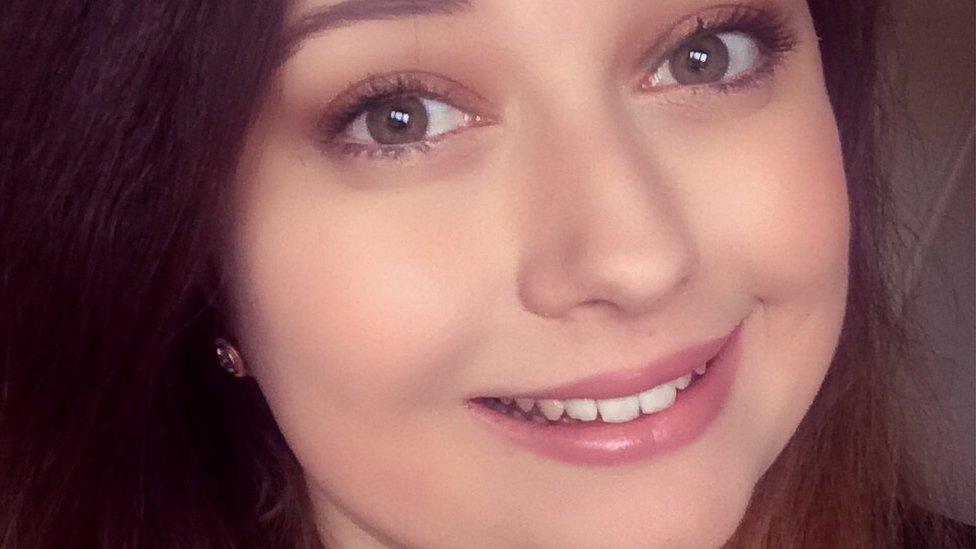Ruth Madeley: Actress says taxi driver took her wheelchair away
- Published
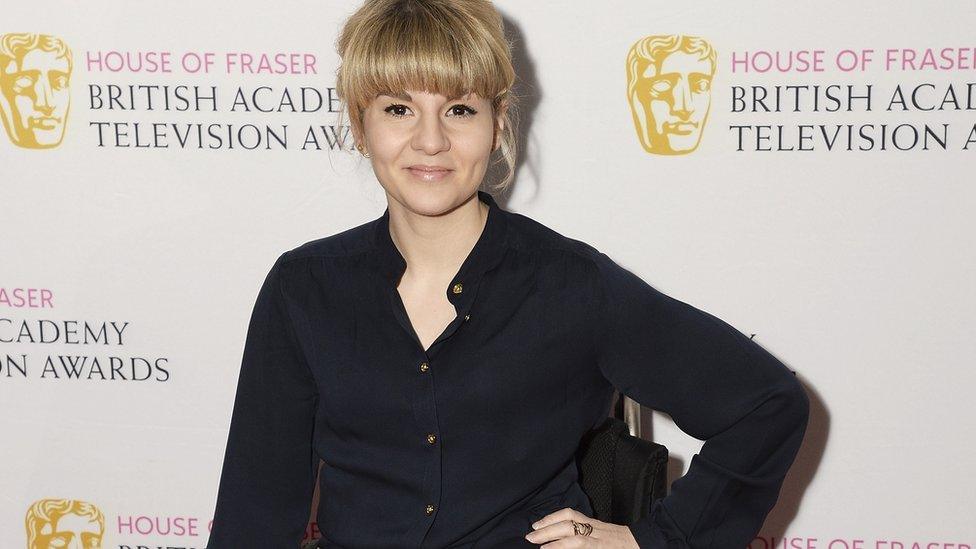
Madeley described the incident as traumatic
Actress Ruth Madeley has told of how a taxi driver took her wheelchair away following an argument outside London's Euston station last month.
The Bafta nominee said the driver told her it was "too difficult" to drop her at an accessible entrance and it wasn't his problem if she couldn't use stairs.
After a dispute over payment, she said he then took her wheelchair, put it in his boot and refused to give it back.
Transport for London has apologised for the "utterly appalling" incident.
Graham Robinson, TfL's general manager for taxi and private hire, said: "We have contacted Ruth for more details so we can carry out a full and urgent investigation."
The actress, from Bolton, was nominated for a Bafta for her breakthrough role in the BBC's Don't Take My Baby before starring in 2019's Years and Years.
She wrote on Instagram, external that the driver of the private hire taxi told her it was "too difficult" to drop her at the station's accessible entrance because of heavy traffic, and that he "had seen me stand & so 'knew I could walk'".
'My problem not his'
"When I told [the driver] that I can't manage stairs, he proceeded to tell me that it was MY problem not his," she explained.
"As if this wasn't traumatic enough, he demanded his fare even though the journey had been prepaid.
"When I tried explaining this on the street, he became very agitated &, in sheer frustration, HE TOOK MY WHEELCHAIR from behind me without warning & carried it away to put in the boot of his taxi, leaving me on the side of the road."
The actress's mother managed to grab the wheelchair, although the driver "tried his best to stop her", Madeley said.
Taxis and designated wheelchair-accessible private hire vehicles have a legal duty to carry wheelchair users in accordance with the Equality Act 2010. This includes a duty to provide mobility assistance without additional charge.
Madeley said that when she tried to report the incident to the Metropolitan Police, she was told it was not a hate crime and that no criminal act had taken place.
She added: "I was shut down and made to feel as though I was making a fuss over nothing.
"After more fighting & asking for support, the police told me that nothing can be done. No warning to the taxi driver or the firm, no accountability, no consequences…"
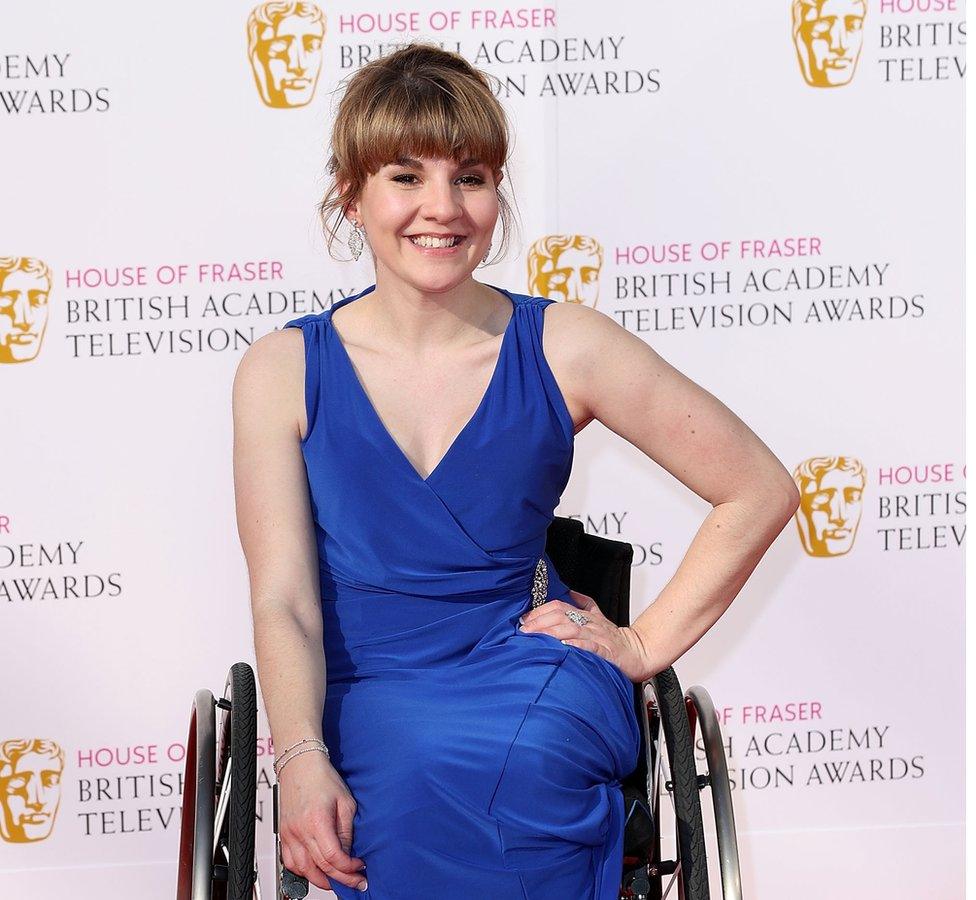
Madeley was nominated for the Bafta Award for best actress in 2016
A Met spokesperson confirmed to the BBC that, while appreciating the upset caused, the force would not investigate because the incident is "not a criminal matter".
Disability charity Sense called for the force to investigate the "shocking" incident. "Sadly, we hear far too often from disabled people that have experienced discrimination," its chief executive Richard Kramer said.
"We must commit as a society to tackling inequality and create a more inclusive society, removing the barriers that disabled people face."
The incident took place at the end of June on the day that it was announced Madeley is to star in BBC Two's forthcoming factual drama Independence Day? How Disabled Rights Were Won.
Marking the passing of the Disability Discrimination Act, the film is based on the true story of the people behind a campaign of direct action that lead to significant steps forward in the battle for disabled civil rights in Britain.
Madeley said her experience reflected the discrimination experienced by disabled people "every single day" and was "clear proof that the fight for disability rights is far from over".

For more disability news, follow BBC Ouch on Twitter, external and Facebook, external, and subscribe to the weekly podcast on BBC Sounds.

Related topics
- Published27 April 2018
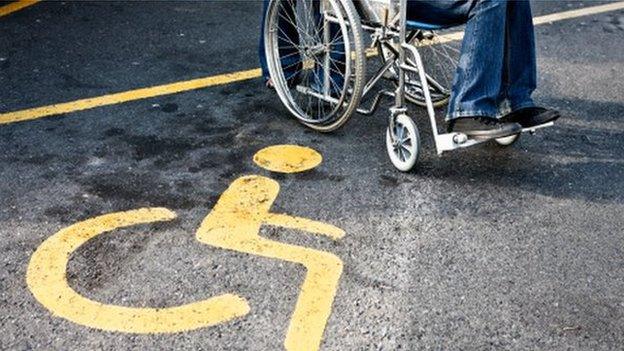
- Published1 May 2018
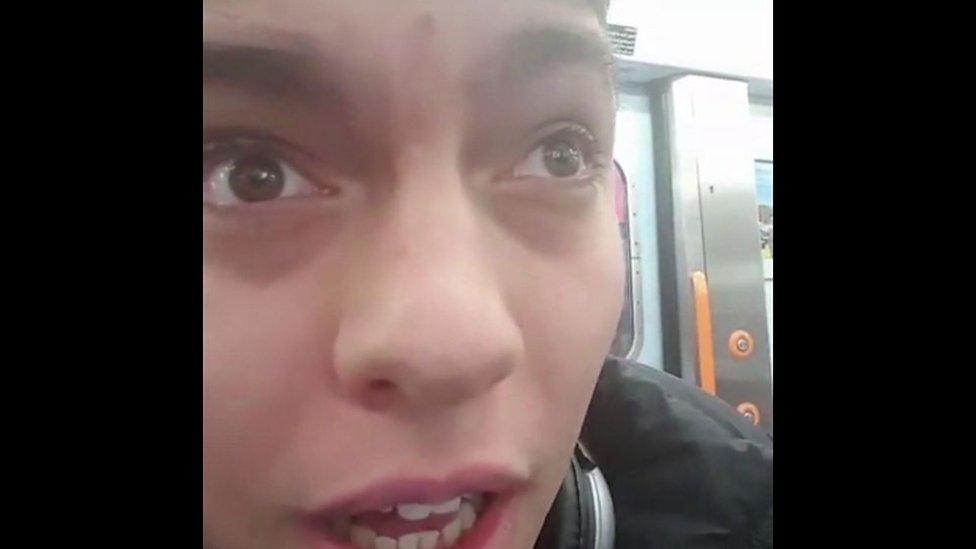
- Published30 November 2017
